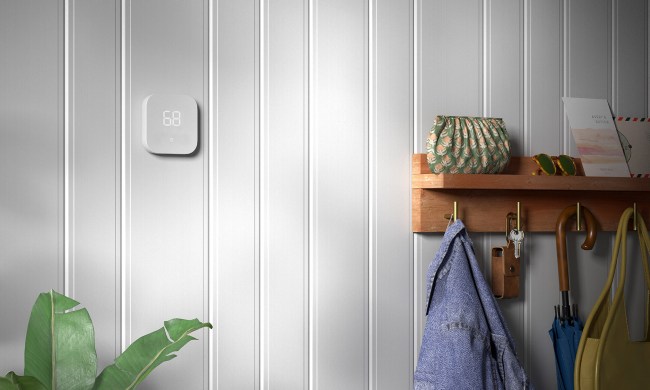
The Acquity survey also found sixty-four percent of consumers had no idea smart fridges and smoke detectors are on the market. For people who have heard of them but don’t own one, the main reason for not purchasing the devices is that they don’t think Internet connectivity adds any value; privacy and price were also concerns. Yet thirty percent of those surveyed either already own or plan to buy a smart device, usually a thermostat or alarm.
In the next five years, almost 70 percent of consumers will have a connected thermostat, and over 60 percent will have a smart security system, Acquity predicts. The benefits of both are easy to explain to consumers: save money and increase protection. People are willing to pay for that safety, too. Eighty-three percent wouldn’t mind paying more for a smart alarm, while 59 percent thought a smart fridge was worth the increased cost.
Smart fridges are on the rise, though. More than five years from now, one-third of homes will have one, according to Acquity. Despite some privacy concerns, owners would be willing to share the appliances’ data, as long as they got some recipes based on the food in the fridge.
Based on the responses in the survey, Acquity expects the smart home devices to outpace other Internet of Things devices, such as fitness trackers and smart watches. The numbers for smart clothing are closer to 40 percent. In the next five years or so, less than 50 percent of consumers will have a wearable, while almost 60 percent will be receiving texts from a smart fridge.
Some people just aren’t ready to wear their data on their sleeves, nor will they be any time soon.


